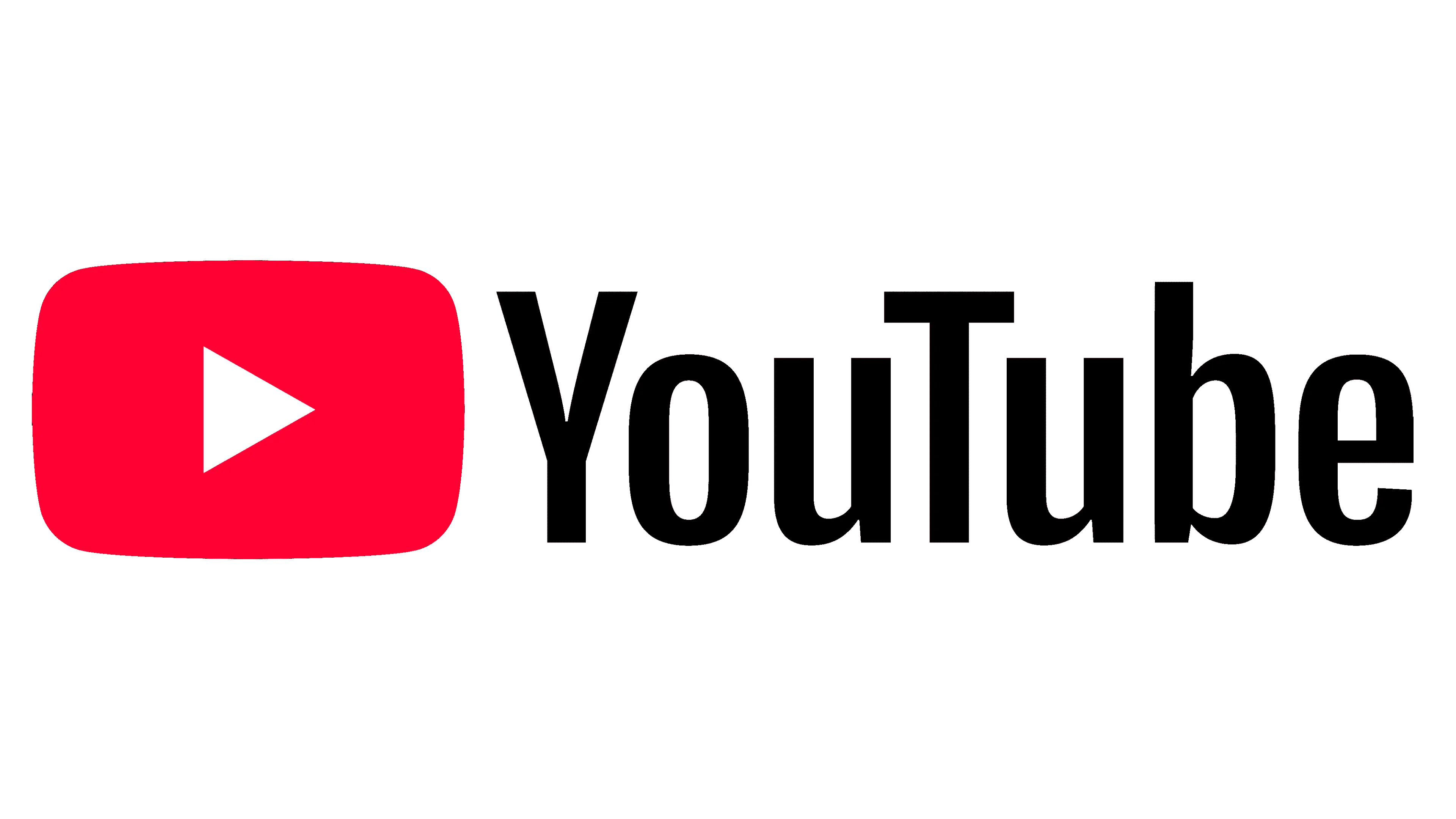YouTube reportedly improves detection algorithm cracking down on 'unoriginal' monetized content
-
 YouTube (Image via YouTube)
YouTube (Image via YouTube)Content sharing platform YouTube will be enacting changes to its policy geared towards identifying unoriginal content posted to the video-sharing site. In a recently shared update to its policies, YouTube revealed that new guidelines targeted towards locating repetitive content would come into effect on July 15.
The video sharing platform is enacting these new changes to its ‘YouTube Partner Program’ monetization policies. In a policy update, YouTube shared,
"In order to monetize as part of the YouTube Partner Program (YPP), YouTube has always required creators to upload ‘original’ and ‘authentic’ content.”
Continuing, the update also noted,
“On July 15, 2025, YouTube is updating our guidelines to better identify mass-produced and repetitious content. This update better reflects what “inauthentic” content looks like today.”
According to Dexerto, this move is geared towards addressing the ‘inauthentic’ content that devalues original creators and impacts their revenue-generation capabilities. The new outlet also notes that it remains to be seen what specific algorithms or measures YouTube introduces to identify unoriginal content.
If you've been accepted into the YouTube Partner Program, it's time to start thinking about earning money with ads. Monetization relies on three key players: the viewers, the creators, and the advertisers. Learn more about how they work together → https://t.co/QsBAytqF8B pic.twitter.com/nSaxzKnM6R
— YouTube Creators (@YouTubeCreators) July 2, 2020What is the YouTube Partner Program?
YouTube, which attracts millions of content creators as well as audiences all around the world, offers creators operating on its platform ways and strategies to monetize their content. As such, within its YouTube Partner Program (YPP), creators are offered use of the platform’s resources and support.
According to YouTube, creators releasing content on its platform are given access to revenue sharing models from advertisements which appear while their content is being viewed.
YouTube notes that between the period of 2021 and 2023, around $70 billion was paid to creators, an amount which far exceeded the monetization on any other social media or content sharing platform.
YouTube content creators producing both long-form content as well as Shorts can be eligible for the YPP. The platform notes that creators, once they reach at least 1,000 subscribers with either 4,000 public watch hours over one year or 10 million views on Shorts over a period of 90 days can becomes eligible to monetize their content.
Shorts ad revenue sharing starts TODAY 🚀
— YouTube Creators (@YouTubeCreators) February 1, 2023
learn more about how it works, and how to qualify for the YouTube Partner Program → https://t.co/UthBPShGds pic.twitter.com/HaX6TLj3UXThe platform also reviews a channel before inducting it into the YPP to ensure that the creator follows established policies and guidelines of the platform. Creators can also appeal the platform’s decision if they are denied access to the YPP features.
Earlier, YouTube announced changes to its livestream policy
Back in June, YouTube announced that it was raising the minimum age limit for live-streaming, according to Tech Times. The outlet noted that the minimum age to livestream would now be 16 years, instead of 13 years.
YouTube noted that the minimum age restrictions would be enacted on July 22, 2025. The platform also announced that children under 16 years of age can live stream from an adult’s account if that individual is present during the live stream. In addition, a child under 16 years can live stream from their own account if an adult is given access to their channel to start the live streams.
The platform also warned that violations of these guideline would result in the temporary or permanent shutting down of the concerned channel, with restrictions also placed on using another channel to bypass the guidelines.
Tech Times notes that this move comes in wake of concerns regarding the safety of children on the video sharing platform and to safeguard them against unsuitable content and online ab*se.
TOPICS: YouTube, Algorithm, unoriginal
- Was Angry Grandma arrested? TikTok star theft arrest video goes viral
- YouTube introduces PYUSD payout option for U.S. creators through PayPal
- Logan Paul accuses “very rude intoxicated” SteveWillDoIt of belittling him on viral Impaulsive podcast
- What happened to Lilly Gaddis' YouTube channel? Streamer accused of racism claims she lost her "sole form of income"